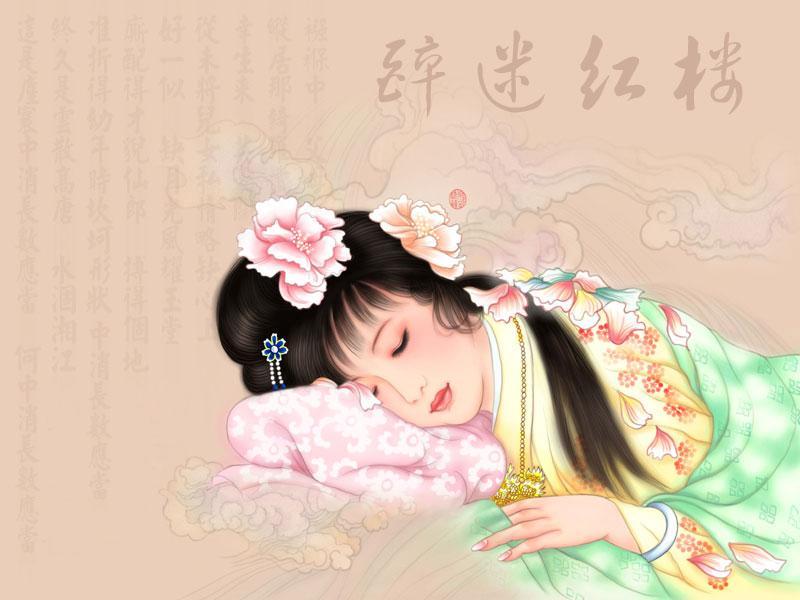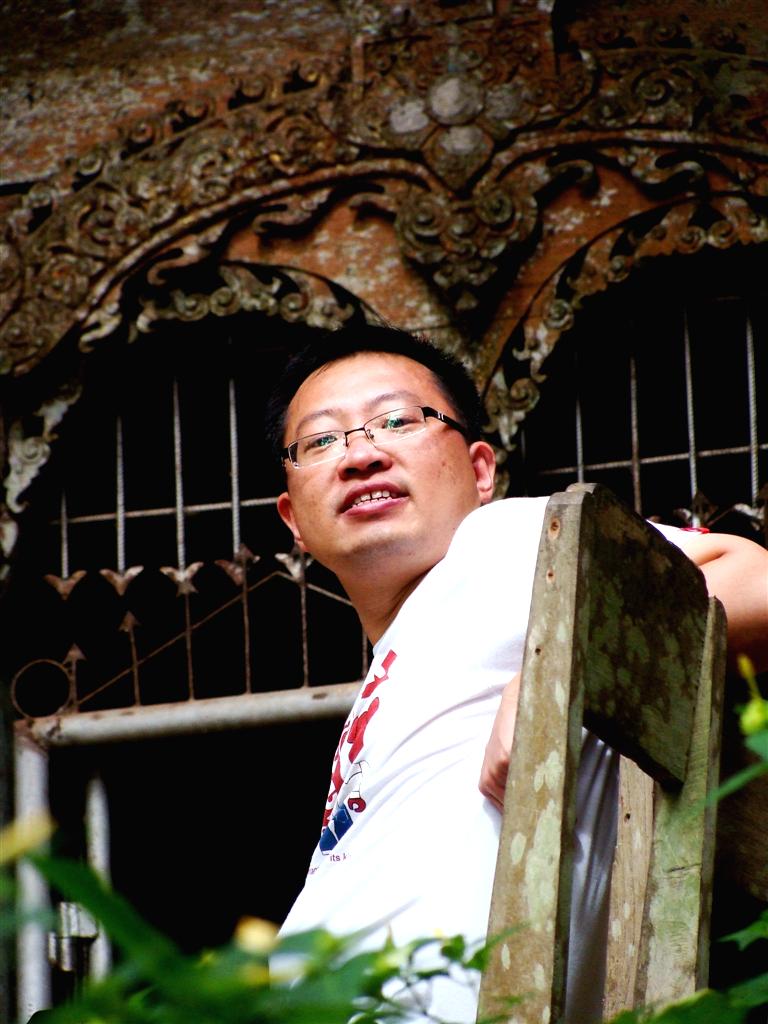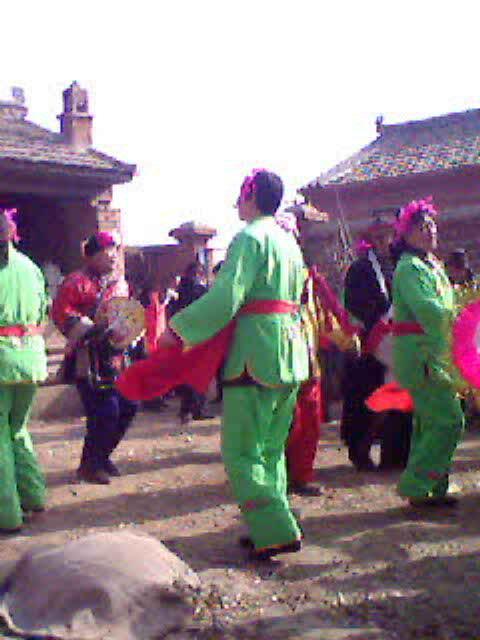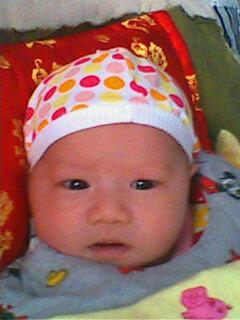| Chinese Ancient Poems | |
|---|---|
| Feb 12, 2007 01:07 | |
 | Are you interested in Chinese culture? If yes, I suggest you read some Chinese ancient poems if possible. I mean your Chinese proficiency. The poems of Du Fu are recommended. Du Fu (712-770) is a celebrated scholar poet in the Tang Dynasty (618-907), and he is referred to as the “Poet Sage” by later generations. Today is the 1295 anniversary of Dufu’s birth, so some commemorative activities are held. This poet is so prolific that almost 1500 of his poems survive till today. Many of these poems are known well among Chinese people. If you are interested, you can find English versions of his poems on the internet. |
| Feb 12, 2007 03:46 | |
 | Hi Serena, I do agree with you that Du Fu is one of the greatest poets in ancient China. Actually, he always told people the real society of later Tang Dynasty. |
| Feb 12, 2007 06:58 | |
 | Yes,Du Fu is a great one,but I like Wang Wei:-) |
| Feb 12, 2007 19:19 | |
 | Hi, Meng, I agree with you. Du Fu's realistic style is due to the era he lived - the declining period from the prosperous Tang Dynasty. His poems always captured the dramatic pulse of the time, and show his deep concern for the country and the people. |
| Feb 13, 2007 19:18 | |
 | Don't you think Du Fu's poems are too difficult for non-Chinese people? I advise Bai Juyi's poems. It is said that whenever he wrote a poem, he read it to his ILLITERATED neighbors. He would make it as easy as possible until his neighbor can understand. |
| Mar 5, 2007 03:34 | |
 | The understanding or lack there of for non- Chinese would be in the quality of the translation into other languages. This is difficult enough for some simple thoughts. Would you agree??? |
| Mar 5, 2007 22:27 | |
 | I'd agree that poetry is extremely difficult to translate and that it requires an extremely skilled translator, but I disagree that us laowai need the translations in order to understand. I'd love to get my Chinese up to the level where I could read Du Fu, Li Bai and other great poets in the original. I'd also love to get my translation skills up to the level where I could translate their work, but I fear that's a bit beyond the realms of possibility. At the moment I'm seriously struggling with novels and newspapers. Most frustrating. I've often heard that Tang poetry doesn't rhyme in Mandarin, but rhymes almost perfectly if read in Cantonese, and that this has something to do with the Chang'an dialect being the standard at the time. Is this correct? |
| Mar 6, 2007 00:38 | |
 | Sorry, Chris, I'm afraid you are wrong. Not Cantonese at all. Guangdong has nothing to do to Chang'an. It's Xi'an dialect. Chang'an is named Xi'an now. :) |
| Mar 6, 2007 21:27 | |
 | Well, May, obviously there is no connection between modern Cantonese and modern Xi'an. What I have been told, by people with far more expertise in the subject than me, including by one who has translated several Tang poems, is that the Chang'an dialect of the Tang Dynasty sounded more like modern Cantonese than modern Mandarin, therefore the rhymes work better when the poems are read in Cantonese. Anyway, that's what I've heard. |
| Mar 7, 2007 00:02 | |
 | Alright, May, I have an email from an expert friend (honestly, this guy's knowledge of Chinese language is simply amazing!) and I'll put two short quotations here: "The answer (if it's not too difficult for us foreigners to understand) is that Mandarin has had a lot of radical changes happen to it since it first broke off from Middle Chinese, whereas Cantonese has been much more conservative. Middle Chinese had four tonal categories (level, rising, departing, entering), one of which - the entering tone (入声) - had a final obstruent consonant, which Cantonese has preserved. Cantonese doesn't sound exactly the same, of course; beyond the sound shifts that happen naturally, there was also a tone split some time around the late Tang/early Song (if I recall correctly -- am going from dim memory here) that broke the set of four tones into eight tones in two pitch registers." "Broadly speaking, Cantonese has done a better job of preserving these tonal categories than Mandarin has." So I guess we're both right and both wrong. |
| Mar 8, 2007 20:52 | |
 | It is a fact that Cantonese sounds far more different from the modern Xi'an (Chang'an in the Tang Dynasty) dialect nowadays. However it is also ture that rhymes work better when the poems are read in Cantonese. I don't know why. Maybe the ancient Chang'an dialect sounds like today's Cantonese?? |
Page 1 of 2 < Previous Next > Page:
Post a Reply to: Chinese Ancient Poems











 Copyright © 1998-2026 All rights reserved.
Copyright © 1998-2026 All rights reserved.